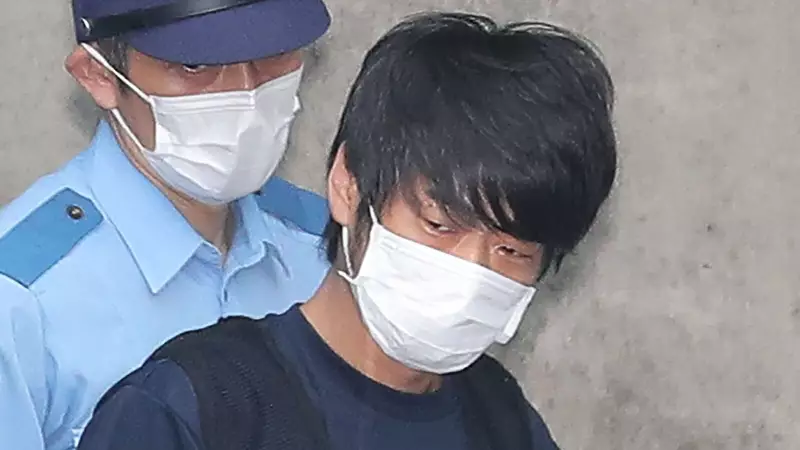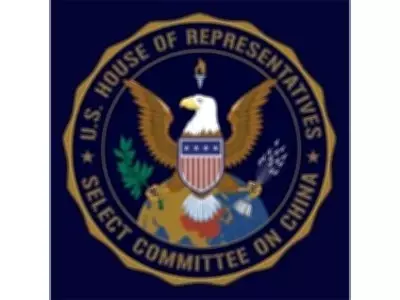
In a stunning courtroom development that has captured global attention, Tetsuya Yamagami, the man responsible for the assassination of former Japanese Prime Minister Shinzo Abe, has entered a guilty plea to all charges against him.
The Dramatic Courtroom Confession
During his court appearance, Yamagami made a chilling admission that sent shockwaves through the legal proceedings. When confronted with the allegations, the 42-year-old defendant calmly stated, "Everything is true," effectively confirming his responsibility for the July 2022 shooting that ended the life of one of Japan's most influential political figures.
Background of the Political Assassination
The assassination occurred on July 8, 2022, while Shinzo Abe was delivering a campaign speech in the city of Nara. The former prime minister was shot from behind with a handmade firearm during a political event, sending the nation into mourning and raising serious questions about political security in Japan.
Motive Behind the Attack
According to previous investigations and Yamagami's own statements to police, the attack was motivated by the suspect's belief that Abe was connected to a religious group that had financially ruined his family. This revelation has sparked nationwide discussions about the influence of religious organizations in Japanese society.
Legal Proceedings and Next Steps
The guilty plea sets the stage for what promises to be one of Japan's most closely watched trials in recent history. Legal experts anticipate that the proceedings will delve deeply into:
- Yamagami's mental state at the time of the assassination
- The meticulous planning behind the attack
- Security failures that allowed the assassination to occur
- The broader implications for political security in Japan
Impact on Japanese Society and Politics
This case has already had profound effects on Japanese society, prompting:
- Enhanced security measures for political figures across the country
- Renewed scrutiny of religious organizations' political connections
- National reflection on political violence in a country known for its low crime rates
- International concern about the stability of Japanese democracy
As the legal process moves forward, the world watches closely, awaiting further developments in this tragic chapter of Japanese political history that claimed the life of the nation's longest-serving prime minister.





